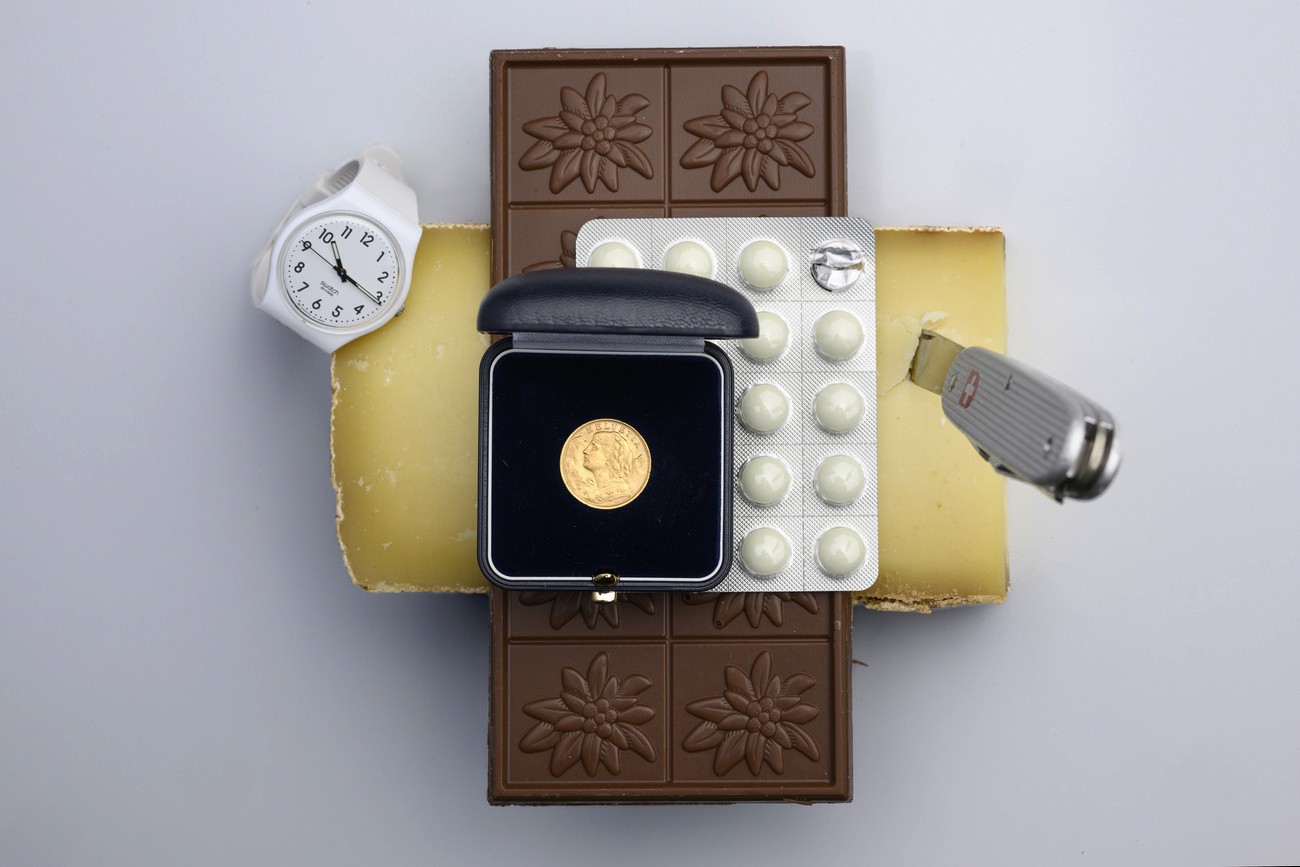
Campaign targets summer drink driving

Safety advocates and the police have launched a joint initiative against drink driving, which causes 15 per cent of deaths and injuries on Swiss roads each year.
Although the blood-alcohol limit in Switzerland has now been lowered to levels in most other European countries, experts warn that more prevention work is needed.
According to the Swiss Council for Accident Prevention, around 700 people died or were injured in accidents with intoxicated drivers last year in Switzerland.
In 2005, the country dropped its blood-alcohol limit – used for testing drink driving – from 0.8 milligrams per 100 millilitres of blood to 0.5mg. This follows the European Commission’s recommendations.
“The 0.5mg-pro-mille limit has had positive effects on the number of accidents, but Council for Accident Prevention research shows that the measure’s effects are already exhausted,” the council said in a statement released on Tuesday.
Its own figures for 2008 showed that the number of deaths on the roads was seven per cent lower than in the previous year and that the number of injured was down nine per cent.
But Daniel Menna, a spokesman at the council, said that there were fears that the number of accidents could start to rise again if the public were not reminded of the risks of drink driving.
Summer feeling
He said that summer was an opportune time for the initiative. “At Christmas or carnival it’s clear that people know about the problem of drink driving,” he told swissinfo.ch.
“Now it’s party and barbecue time, and people do not think about the issue, so it’s important to give the public this message.”
In the council’s joint “Fit for Road” campaign with police, awareness on drink driving will be presented through posters, adverts in cinemas, bars and clubs, as well as through the sponsoring of weather and traffic announcements on the radio.
Internet party portals and networking sites such as Facebook will also be targeted as a way of reaching the young.
“Our research shows that the main group involved in drink-driving accidents is young men, and a lot of these accidents happen at weekends and at night,” Menna explained.
It won’t be me
Police checks are another important way of stopping drink drivers, but not everyone thinks that they will be stopped.
In a survey commissioned by the council, 45 per cent of people polled thought they would hardly ever be pulled over for a breath test, while a quarter thought that they would never be tested at all.
However, there was wide acceptance for the practice, with almost 90 per cent saying they accepted police alcohol tests.
As part of the campaign, traffic police will be stepping up these checks on Swiss roads in May and June.
“The effectiveness of police controls can be substantially increased if the public takes note of them,” said Ueli Zoelly, head of the Consortium of Swiss and Liechtenstein traffic police, in the media statement.
Menna added that it was important for the public to be aware that these checks were first and foremost for their own safety.
European comparison
According to Menna, Switzerland is around average in Europe when it comes to the problem of drink driving. “But we can do better,” he said.
Most other European countries have a 0.5mg limit, although a few, such as the Czech Republic, operate a zero tolerance policy for alcohol behind the wheel.
In November last year the Swiss government announced a package – which is now under consultation – of around 60 wide-ranging measures to improve road safety in Switzerland,. They include zero alcohol tolerance for new drivers. Some countries, such as Germany, already have such a limit.
This proposal has been welcomed by many road-safety groups, including the Council for Accident Prevention.
“We are not in favour of a general zero-tolerance limit, but for younger drivers, we think this would be a good measure to reduce the number of accidents,” Menna said.
Isobel Leybold-Johnson, swissinfo.ch
Swiss neighbours Austria, Germany, France and Italy all have a blood-alcohol limit of 0.5mg.
Britain, Ireland, Luxembourg and Malta still have 0.8mg.
Sweden and Poland have 0.2mg, while the Czech Republic, Estonia, Hungary and Slovakia all have zero tolerance for drink driving.
Source: European Road Safety Observatory

In compliance with the JTI standards
More: SWI swissinfo.ch certified by the Journalism Trust Initiative





























You can find an overview of ongoing debates with our journalists here . Please join us!
If you want to start a conversation about a topic raised in this article or want to report factual errors, email us at english@swissinfo.ch.